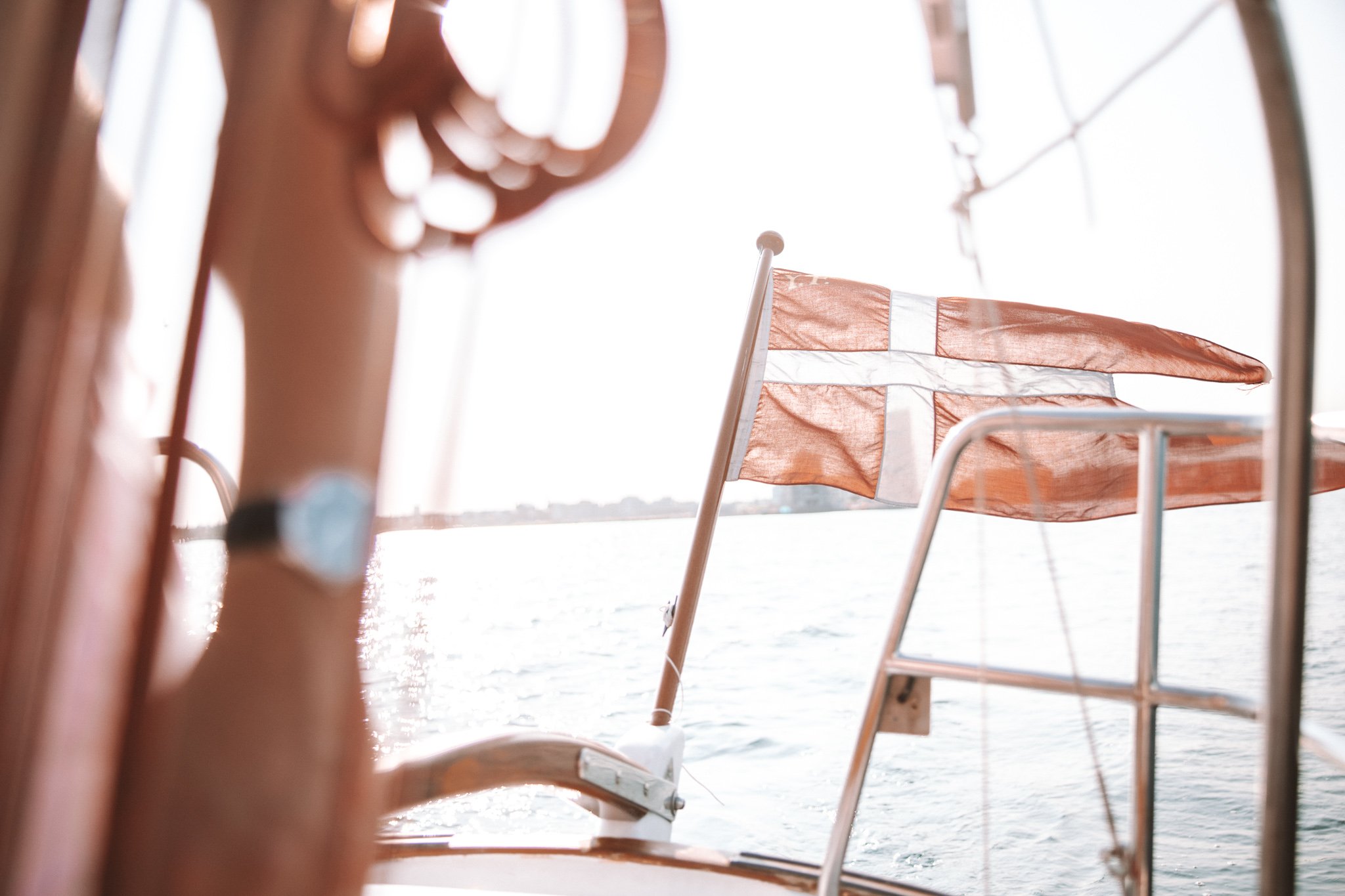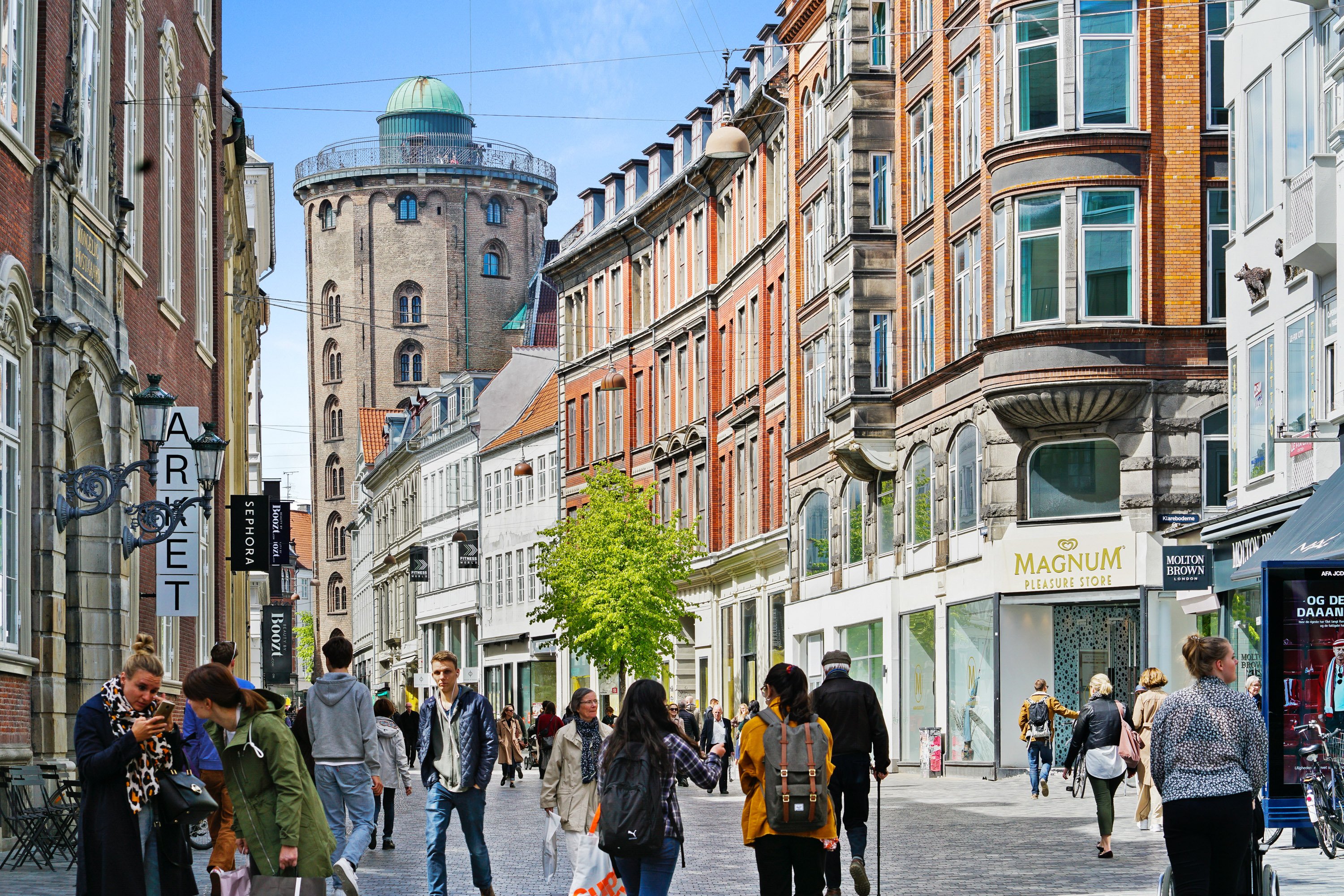LifeX Blog
Danes, Denmark, and the Danish Way of Life

Denmark is a small country in the Nordics with an international reputation for a high quality of life and for being one of the happiest places in the world. It’s a country with much to be discovered, their culture is rich in traditions and has plenty of charming customs. There is no shortage of quirky and fun things to discover about Danish culture. Make no mistake in assuming that all the Nordic countries are alike, while their values are similar, their cultures, traditions, and climates are each very distinct.
We start by introducing you to the fundamental aspects of Danish culture, things that you would probably notice quickly if you moved to Denmark. In our next article, we will cover some of the interesting cultural traditions and tips that could take some time to discover, especially if you don’t know many Danes yet! To find this intel, we have gone straight to the source and interviewed three Danes who live in our co-living apartments in Copenhagen. Of course, this is only the tip of the iceberg, with a history as rich as Denmark’s, there are countless things to discover about this amazing country!
The Danish Fundamentals
- Trust 🤝: There is a very high level of trust inherently in the social fabric of Denmark. To put a complex thing very simply, Danes rely on one another and assume that others are well-intentioned, even if they’re strangers. There is also a great deal of trust in government, healthcare, and other public services. Their longstanding comprehensive social safety net has nurtured a strong sense of trust between people. A clear example of this is the number of prams you see outside cafes downtown - it’s very common (and totally fine) in Denmark to let your baby sleep outside in their pram while you enjoy a coffee break with friends. In fact, the only thing you really need to keep an eye out for is your bike, those seem to be the only things not protected by the trustworthy society!
- Equality ⚖️: Danes are all about being a collective unit. There is a social construct called ‘Janteloven’ (Law of Jante) which states that everyone is on an equal playing field regardless of their background. Janteloven is ingrained in Danish society, making it very faux pas to act ‘above’ another group or person. This means you will not hear many Danes boasting about achievements or money, you will also not find many showcasing a flashy lifestyle. In addition to social equality, Denmark ranks very highly on the World Economic Forum’s gender equality index. They are also one of the highest-ranking countries in the world when it comes to gender balance in executive-level roles in both the public and private sectors. Same-sex couples are treated equally by the law and society, and Denmark is considered one of the most LGBTQ friendly countries in the world.
- Work-life balance🧑💻: Danes work efficiently and prioritise productivity at the workplace. There isn’t a social pressure to put in long hours unnecessarily, in fact, if you’re always working late without reason you might be viewed as disorganised. You will find that most workplaces finish the day between 4 or 5 and employees don’t linger for the sake of ‘looking’ like a hard worker. Generally, work isn’t the central focus of life, people have a ‘work to live’ (vs. ‘live to work’) mentality. Family life is supported in the workplace, it’s normal for people to work flexible hours so they don’t have to miss out on family or work obligations. Childcare is also government-subsidised and accessible. Everyone working full time in Denmark is given at least 5 weeks of paid holiday and most importantly, encouraged to take it.
- Sustainability♻️: Denmark is a world leader when it comes to sustainability. It’s a small and highly educated country so it makes sense for many reasons that they focus on renewable resources. People also have a lot of respect for nature and value the environment in general. You can see it at all levels, from individuals diligently recycling to the government setting ambitious sustainability. targets. From the popularity of sustainable transportation (biking everywhere) to driving innovation in renewable energy - Danes are really on top of it when it comes to living sustainably.
- Hygge 🕯: This list wouldn’t be completed without it. You really can’t talk about Danish culture without talking about Hygge. Hygge is described as being ‘consciously cozy’ by Meik Wiking (author of The Little Book of Hygge). It means creating and enjoying warm cozy atmospheres with the people you care about (don’t forget the snacks and candles 😉). Though this is practiced all year round, it is especially important in the winter months - you will see plenty of cafes and restaurants with candles, blankets, and other cozy things. You should definitely incorporate hygge into your life (and home) whether you live in Denmark or not!
- Design🪑: ‘Danish Design’ is globally recognized and synonymous with quality and minimalism. If you hadn’t heard about it already, it might be one of the first things you notice if you visit or move to Denmark. Danish design has a huge emphasis on form and function, which translates into high-quality and minimalistic designs, which serve their intended purpose and look beautiful. You will find beautiful and thoughtful design everywhere, offices, metros, and public spaces - there is no corner overlooked.

Now You Know a Bit More About the Danes 🇩🇰
You’ve got the fundamentals of Denmark and the Danish way of life. As we said, there is much more to be discovered and we hope that this has started your appetite for all things Denmark! We spoke with several of our Danish members about Danish culture and heard about their traditions and special celebrations. This insider’s scoop should help to paint a picture of life in Denmark.
Check out part two here: Danish Culture: Traditions, Customs, and People
